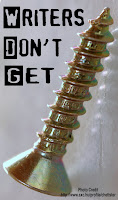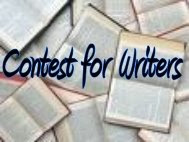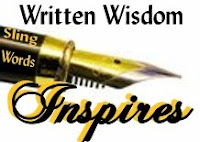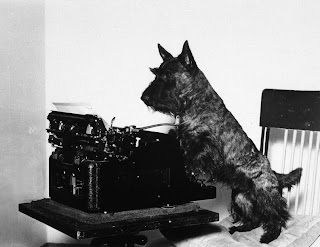 A lot of writers had their copyrighted works stolen before the Internet. Sadly, many more have had the misfortune of finding their words stolen since the advent of the World Wide Web. Why? Because it's so easy for a thief to do so.
A lot of writers had their copyrighted works stolen before the Internet. Sadly, many more have had the misfortune of finding their words stolen since the advent of the World Wide Web. Why? Because it's so easy for a thief to do so.DMCA
On October 28, 1998, the World Intellectual Property Organization Copyright Treaty and Performances and Phonograms Treaty, commonly called DMCA (Digital Millennium Copyright Act), was enacted by the 105th United States Congress. This was supposed to provide protection to creators of original content as well as to websites that might unknowingly illegally publish protected content.
The problem, of course, is that the DMCA has no teeth unless the creative content victim has pockets as deep as Viacom which sued YouTube. Jack and Jane Writer supposedly have recourse to get plagiarized or stolen content removed, but I've yet to see any positive results for ordinary writers unless they have the power of a large organization like Authors Guild or Romance Writers of America et al behind them.
Book Pirates
Every day well-known authors find the contents of their books scanned into pirated book sites and posted free for all the world to read. If you're not a writer dependent on royalty money for income, this might sound good. However, I ask you to think about it for a few minutes. When you download and print out an author's book which might have taken a year to write, you're taking money from a writer. Would you hold up a WalMart employee or a secretary or an accountant and demand they hand over their year's salary? It's the same thing. Writers depend on royalties in order to earn a living.
Dim Future For Artists
What's a future where everything is free? It's a future without writers, artists, photographers, and musicians because how can you create something new if you have no means to make a living at it? We'll all be out there in 9 - 5 jobs because we won't get paid for creative endeavors.
On a daily basis, blog thieves or scrapers, steal content from blogs all over the Internet. That happened so often to me on another blog that I just quit writing that blog and opened another. It still happens though it's not as blatant, and it's harder for me to find. I guess that translates into ignorance is bliss.
Each time it happened, I took the necessary steps according to the DMCA. It didn't do any good, but I at least felt as if I were doing something rather than just bitching about it.
On the right side of this blog under Writers Resources: Part 1, click the link to Plagiarism Today which is written by Jonathan Bailey. Jonathan has sample letters on his blog with instructions on where to send them as well as detailed info about the DMCA.
Legitimate Free Books
There are plenty of websites that offer free books legally. My latest The Trouble With Love was purchased by Romantic4Ever.com and publishes a chapter a month, free for visitors to enjoy.
Online-Novels is a great resource of links to free books. They have a link to both my serialized romance novels Moonlight On Snow and The Trouble With Love.
Support legitimate sites, and stay away from illegal sites that seek to take away the livelihood of writers. We creative types have doctors' bills, mortgages, utility bills, car insurance, etc. to pay - just like all of you. Learn the DMCA. Follow the procedure. If more of us did it, then we might actually make an impact.
Takeaway Truth
Sir Edmund Burke said: "All that is necessary for evil to flourish is for good people to do nothing." Is stealing the work of an author, a photographer, an artist, or a musician evil? It is in my book if it's preventing a creative professional from making a decent living.



















